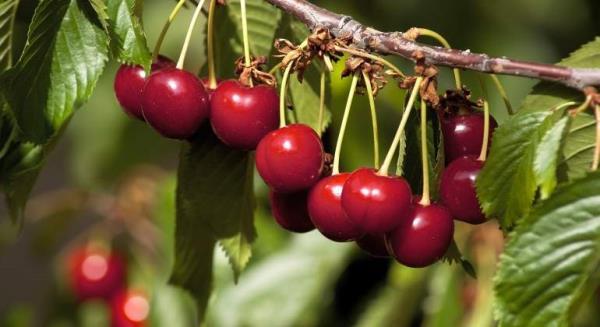Growers of the Araucania region of Chile will determine their fruit potential with a new web platform
VU
Chilean Fruit Exporters Association (ASOEX) together with the Municipality of Lautaro, launched a web platform designed to support producers and farmers in the Araucania region of Chile to determine their fruit potential.
Ronald Bown Fernández, President of ASOEX, explains that this platform will serve the producers and farmers of the Araucania to easily make visible what the terrain is within the region, where a specific crop may have better growth potential and where it does not, according to the soil and agroclimatic characteristics. In this way, growers can make smart decisions when deciding whether to plant a specific type of fruit tree or not.
As the Araucanía region is an important producing area in Chile, the platform will contribute to advancing fruit growing, especially benefiting small producers, through an easy-to-use and free tool.
In addition, they will have access to the Update on Applied Fruit Growing Knowledge course, which will provide them with information on fruit species, varieties adapted for the region, pests and diseases, agronomic management, planting and formation of fruit orchards, packaging and post-harvest, information on access to export markets, and a wide variety of technical aspects dictated by professionals in the field coordinated by the Foundation for Fruit Development.
Platform
Ricardo Adonis, Development Manager of the Foundation for Fruit Development (FDF) and Evelyn Bravo, a specialist from the same entity, commented that the platform is created in the geomatika system, created with the support of Corfo.
The platform is easy to use, allows the user to evaluate the potential of 12 species of fruit trees, and provides for each one of them information about a certain crop in a certain area, indicating whether it is recommended, has some limitations or is definitely not recommended for planting in the area. Above all, the platform displays information on cold hours, rainfall, frost, minimum and maximum temperatures, and degree days from 10 years ago to date.
This information is provided by the National Agroclimatic Network stations in the Araucania, in addition to information from the study by Professor Fernando Santibáñez, and the Ministry of Agriculture.
The platform already allows evaluating the potential of cherry trees, plums, apples, pears, blueberries, raspberries, blackberries, kiwis, peaches, nectarines, chestnut and European hazelnut.
Courses
So that producers can advance their knowledge and improve their productivity and competitiveness, the agreement also entails the completion of 6 training modules, which will include 4 speeches delivered by experts in different production matters.
On April 21 the first training module will begin. FDF will issue a certificate to participants if they participate in at least 3 of the 4 planned speeches.
source: asoex.cl





